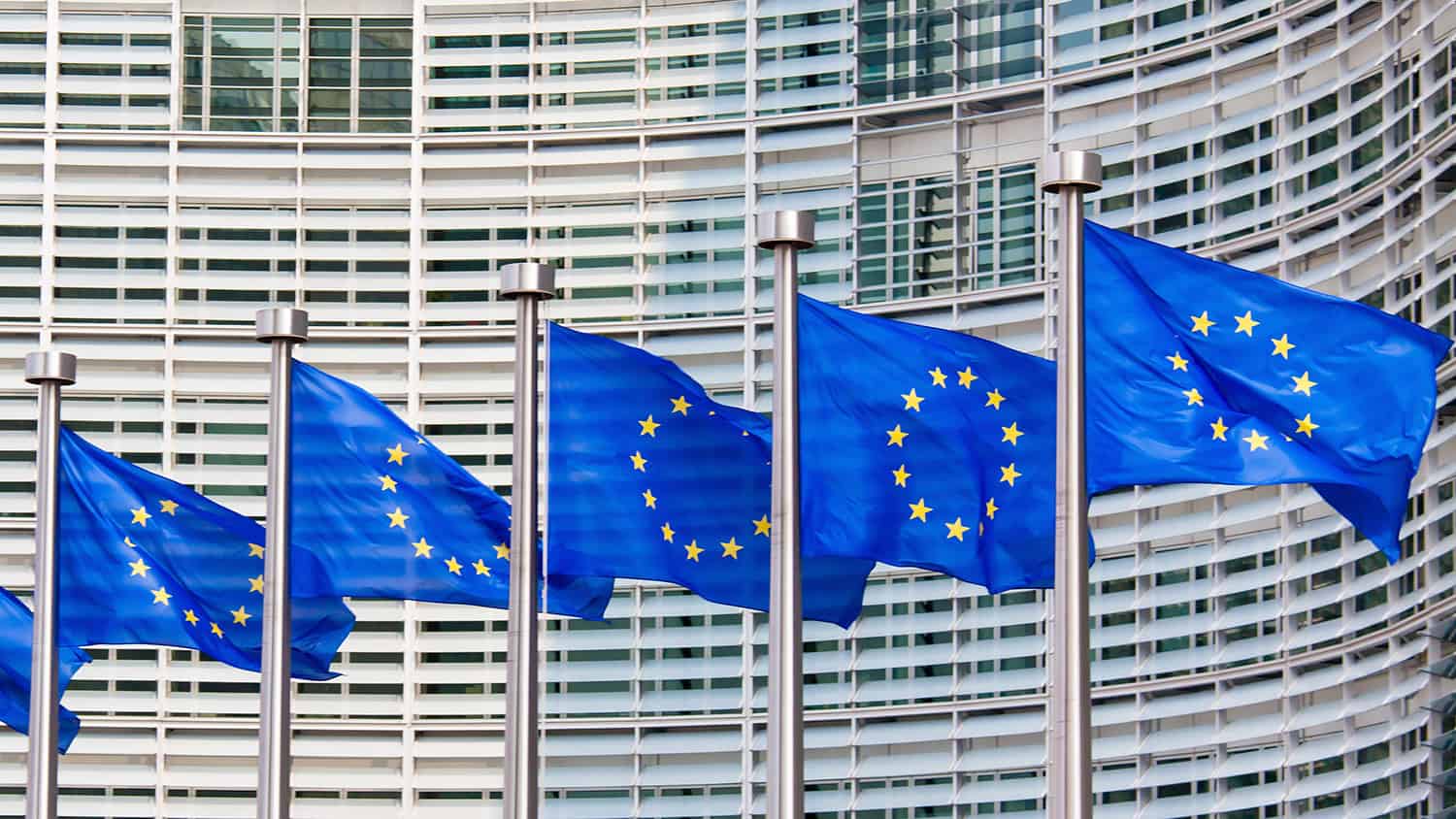Today, the European Commission provides guidance on the EU rules on single-use plastics and adopts an Implementing Decision on the monitoring and reporting of fishing gear placed on the market and waste fishing gear collected. These rules aim to reduce marine litter from single-use plastic products and fishing gear and promote the transition to a circular economy with innovative and sustainable business models, products, and materials.
Executive Vice-President for the European Green Deal Frans Timmermans said: “Reducing the use of single-use plastics helps protect the health of people and the planet. The European Union’s rules are a landmark achievement in addressing marine litter. They also stimulate sustainable business models, and bring us closer to a circular economy where reuse precedes single-use. This is what the European Green Deal is all about – protecting and restoring our natural environment while stimulating businesses to innovate.”
Commissioner for Environment, Oceans and Fisheries Virginijus Sinkevičius said: ”The negative impacts of plastic litter on the environment, on oceans and marine life, and on our health are global and drastic. Plastic waste keeps on accumulating, and 11 000 tonnes of fishing gear are lost or discarded at sea in the EU per year, adding to the problem of ghost fishing. The rules to reduce plastic pollution are ambitious and respond to citizens’ calls for decisive action, making the EU a forerunner in the global fight against marine litter. Today we move closer to dealing with the grave impacts of single use plastic products and abandoned fishing gear, and advance to a more circular economy.”
According to the 2019 EU rules on single-use plastics, by 3 July this year Member States have to ensure that certain single-use plastic products are no longer placed on the EU market. Those are selected products for which affordable plastic-free alternatives exist on the market: cotton bud sticks, cutlery, plates, straws, stirrers, balloons sticks, as well as some products made of expanded polystyrene (cups and food and beverage containers) and all products made of oxo-degradable plastic. For other plastic products, such as fishing gear, single use plastic bags, bottles, beverage and food containers for immediate consumption, packets and wrappers, tobacco filters, sanitary items and wet wipes, different measures apply. These include limiting their use, reducing their consumption and preventing littering through labelling requirements, extended producer responsibility schemes (“polluter pays principle”), awareness campaigns and product design requirements.
The Guidelines aim to ensure that the new rules are applied correctly and uniformly across the EU. Harmonised transposition into national legislation is important for the smooth functioning of the internal market with respects to the products covered by those rules. The guidelines explain key definitions and terms and were developed through extensive consultations with Member States and interactions with a wide range of stakeholders.
The Implementing Decision on monitoring and reporting of fishing gear placed on the market and waste fishing gear collected enables Member States to fulfil their obligation to report, from 2022, on fishing gear containing plastic placed on the market and fishing gear collected at sea. The aim is to incentivise bringing all fishing gear ashore and improving its handling there by involving extended producer responsibility schemes.
Furthermore, on the basis of the data, Member States with marine waters will have to set, by 31 December 2024, a national minimum annual collection rate of waste fishing gear containing plastic for recycling, with a view to the establishment of binding quantitative Union collection targets. Abandoned, lost or discarded fishing gear accounts for 27% of beach litter, according to the impact assessment of 2018, and a significant proportion of the fishing gear placed on the market is not collected for treatment.
Background
With the Single-Use Plastics Directive, the EU is reducing the quantity of waste generated, tackling 10 single-use plastic items and fishing gear that account for most littered items found on Europe’s beaches, and promoting circular economy transition and sustainable alternatives.
More than 80% of marine litter items are plastics. Single-use plastic products (SUPs) are used once, or for a short period of time, before being thrown away. They are therefore more likely to end up in our seas than reusable options. Plastic accumulates in seas, oceans and on beaches in the EU and worldwide, posing a severe risk to marine life and human health.
While plastics are a convenient, useful and valuable material, littered plastics cause environmental damage and negatively impact our economy. It damages activities such as tourism, fisheries and shipping, and creates the costs of cleaning. Under the European Green Deal, the EU is creating a circular economy, where plastics are used in a more sustainable way, re-used and recycled, and not creating waste or pollution
Packaging 360 is a comprehensive knowledge sharing ecosystem for the Indian packaging industry. Our services include an online content platform to deliver news, insights and case studies; organising conferences seminars and customised training; Providing Bespoke Project Consulting, Market Research and Intelligence.







